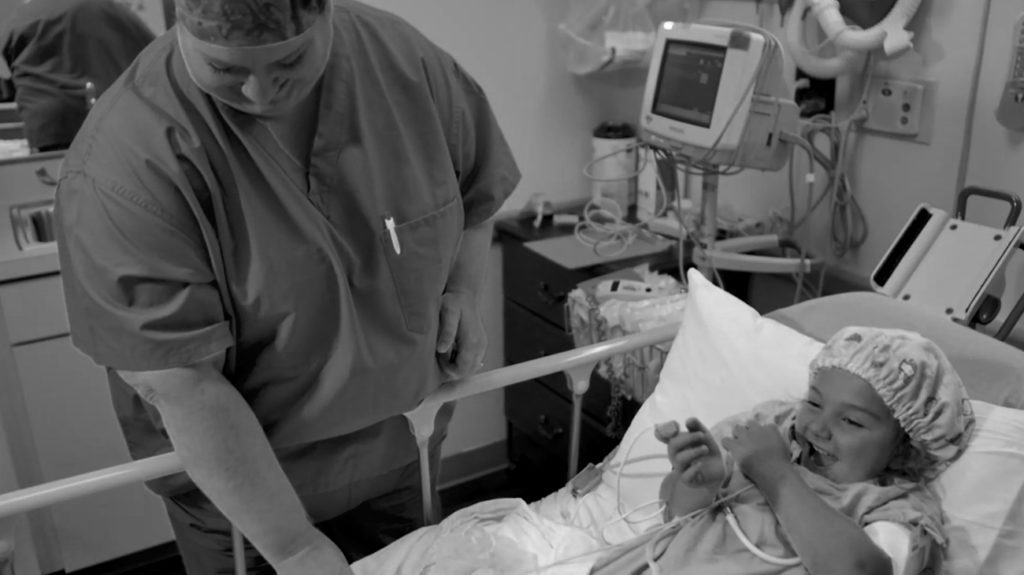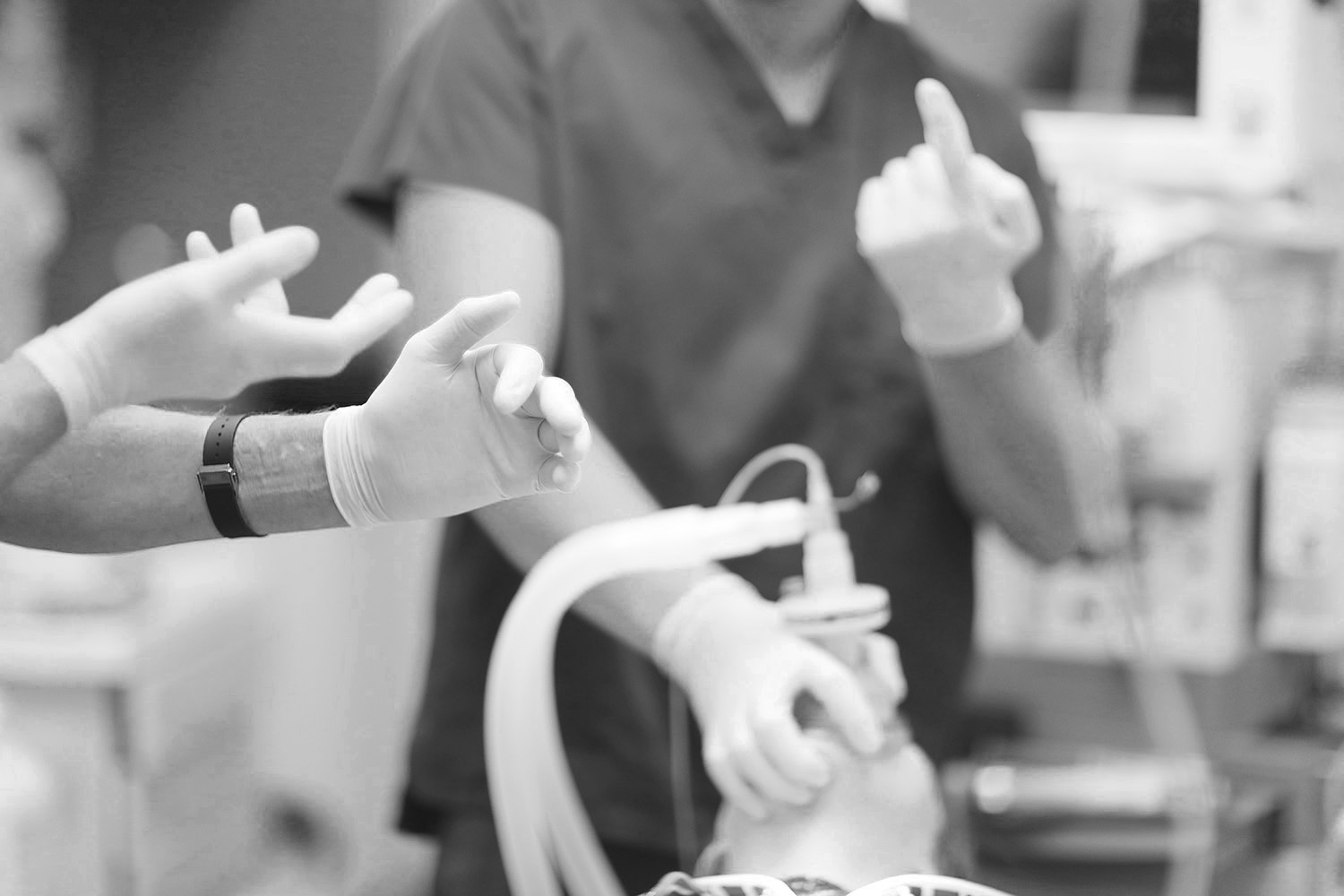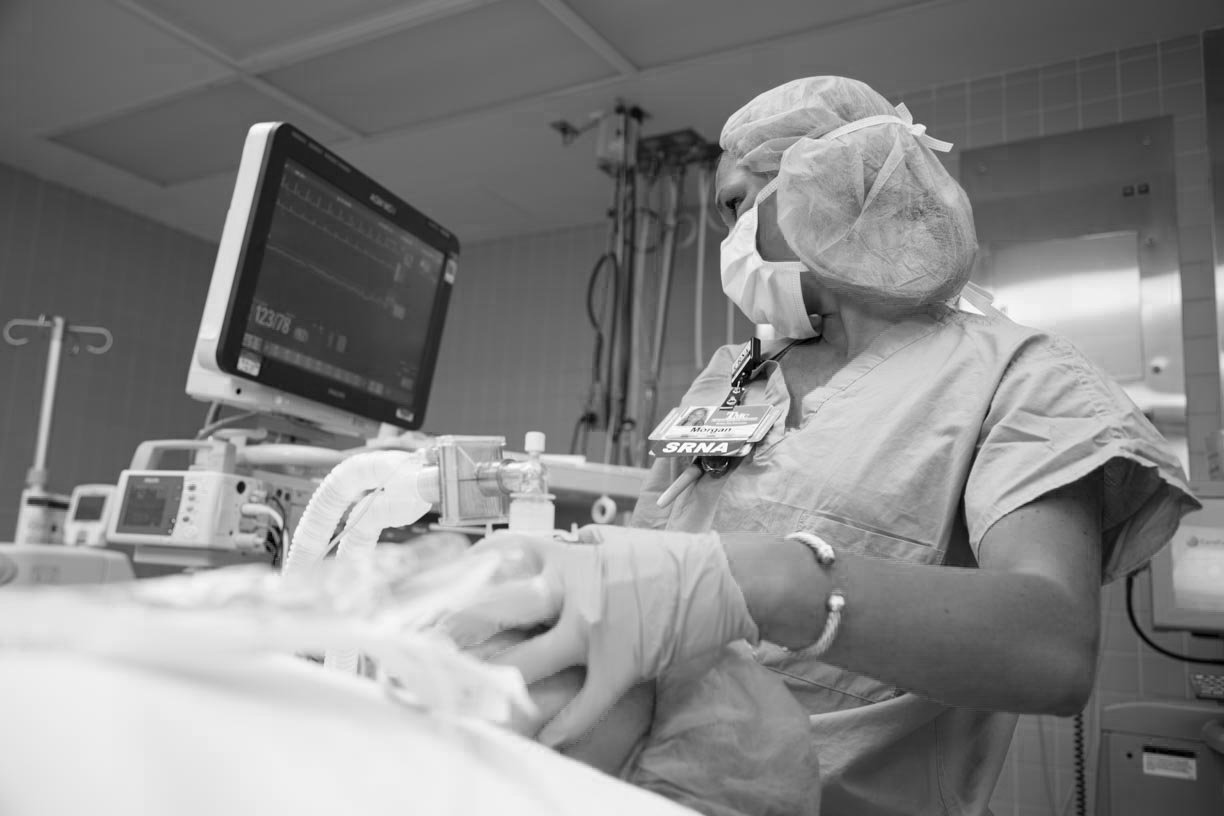This document highlights the difference between the Anesthesia Services Conditions of Participation and the applicability of medical direction modifiers versus a non-medically directed CRNA case.

This presentation discusses issues around medical direction and supervision and its influence on the CRNA practice.
Important overview of the legislative process, government leadership, important dates, and other concepts for nurse anesthetists in the state of Missouri.

§416.42 Condition for coverage—Surgical services. Surgical procedures must be performed in a safe manner by qualified physicians who have been granted clinical privileges by the governing body of the ASC in accordance with approved policies and procedures of the ASC.

Please know that these are just examples and not necessarily recommendations or an endorsement by the association. These protocols can and should be designed and customized by the CRNA and the facility. It is important that these protocols incorporate established mechanisms for approval and a policy and procedure for review on a regular basis to ensure currency in practice as well as consistency with the formulary available in the facility.
Friday: 1830-2100 – Stress Management for Health Providers – Matthew Zinder, MS, CH, CRNA
Saturday: 800-1530 – Click Here to Register and View the Complete Agenda!
§416.42 Condition for coverage—Surgical services. Surgical procedures must be performed in a safe manner by qualified physicians who have been granted clinical privileges by the governing body of the ASC in accordance with approved policies and procedures of the ASC. (a) Standard: Anesthetic risk and evaluation. (1) Immediately before surgery— (i) A physician must examine the patient to evaluate the risk of the procedure to be performed; and (ii) A physician or anesthetist as defined at §410.69(b) of this chapter must examine the patient to evaluate the risk of anesthesia. (2) Before discharge from the ASC, each patient must be evaluated by a physician or by an anesthetist as defined at §410.69(b) of this chapter, in accordance with applicable State health and safety laws, standards of practice, and ASC policy, for proper anesthesia recovery. (b) Standard: Administration of anesthesia. Anesthetics must be administered by only— (1) A qualified anesthesiologist; or (2) A physician qualified to administer anesthesia, a certified registered nurse anesthetist (CRNA), or an anesthesiologist's assistant as defined in §410.69(b) of this chapter, or a supervised trainee in an approved educational program. In those cases in which a non-physician administers the anesthesia, unless exempted in accordance with paragraph (c) of this section, the anesthetist must be under the supervision of the operating physician, and in the case of an anesthesiologist's assistant, under the supervision of an anesthesiologist. (c) Standard: State exemption. (1) An ASC may be exempted from the requirement for physician supervision of CRNAs as described in paragraph (b)(2) of this section, if the State in which the ASC is located submits a letter to CMS signed by the Governor, following consultation with the State's Boards of Medicine and Nursing, requesting exemption from physician supervision of CRNAs. The letter from the Governor must attest that he or she has consulted with State Boards of Medicine and Nursing about issues related to access to and the quality of anesthesia services in the State and has concluded that it is in the best interests of the State's citizens to opt-out of the current physician supervision requirement, and that the opt-out is consistent with State law. (2) The request for exemption and recognition of State laws, and the withdrawal of the request may be submitted at any time, and are effective upon submission. [57 FR 33899, July 31, 1992, as amended at 66 FR 56768, Nov. 13, 2001; 73 FR 68812, Nov. 18, 2008; 79 FR 27153, May 12, 2014; 84 FR 63202, Nov. 15, 2019]
The Missouri Association of Nurse Anesthetists (MoANA) has more than 1236 members. MoANA was founded in 1935 by 15 charter members, including Helen Lamb of St. Louis. She became the first president of MoANA and later served as president of the American Association of Nurse Anesthetists (AANA), our parent organization.